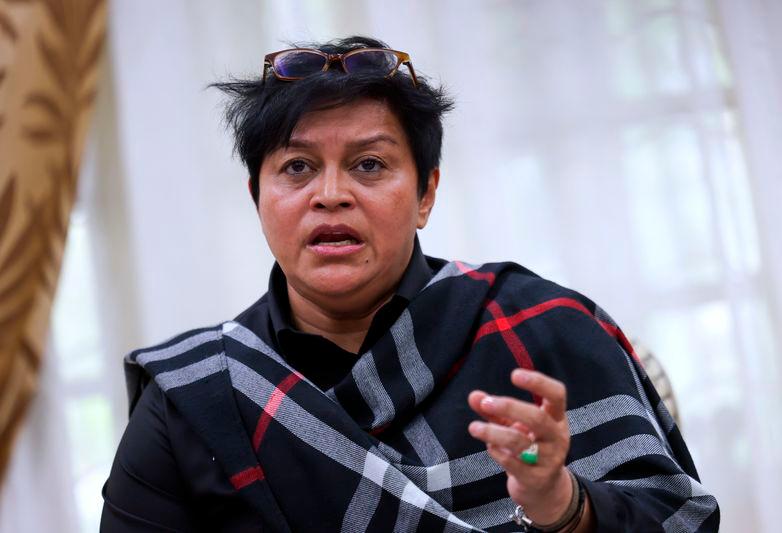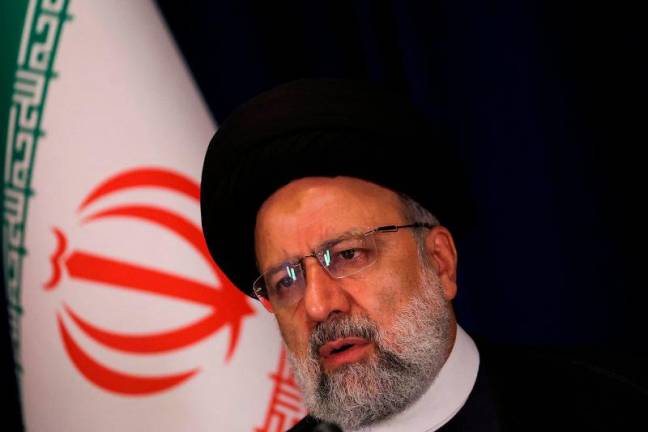PUTRAJAYA: The Malaysian delegation lead by Minister in the Prime Minister’s Department (Law and Institutional Reform) Datuk Seri Azalina Othman Said is now in Ottawa, Canada to conduct a detailed study on the concept practised in the country to obtain direct evidence and best practices to identify a suitable model for the separation of powers of the Attorney-General’s Chambers (AGC) and the Public Prosecutor’s Office in Malaysia.
Azalina said in a statement today that she and the delegation were trying to ensure that the empirical study would provide a strong foundation in the implementation of the separation of powers initiative.
“The Malaysian delegation is scheduled to attend a series of important meetings with Canadian government senior officials and to exchange views and share information and knowledge, especially in their valuable experience in successfully implementing the separation of powers of the AGC and the public prosecutor’s office almost 20 years ago.
“The officials include Speaker Greg Fergus; Public Law and Public Law and Legislative Services Sector assistant deputy minister and several meetings with the director of public prosecutions,“ she said.
Azalina said the empirical study has started with several roundtable sessions conducted by Universiti Malaya Law Faculty Dean, Prof Dr Jason Chuah, as moderator, with over 30 experts by her department, University of Ottawa and Universiti Malaya aimed to facilitate dialogue about the structure of the AGC and public prosecutor’s office in Malaysia and Canada.
“The dialogue session focused on several main issues, including prosecutorial discretion, independence and the Shawcross Doctrine and the system practiced in Canada, and briefing on the need to separate the functions of the AGC and the public prosecutor’s office in Malaysia,” she said, adding that she and the delegation then met with Minister of Justice and Canadian Attorney-General Arif Virani at his office in Justice Canada.
She said the Malaysian delegation took the opportunity to understand the process that Canada went through, including the various issues that arose post separation and the factors that led the Canadian government to implement the separation of powers in 2006.
“Virani also shared Canada’s experience including its success, challenges, legal and financial implications and acceptance from the legal sector and the public,” she said, adding that a secretariat responsible to prepare a report will be set up after the study was conducted.
“This is important as the report will form the main component in the interim and final report of the study that will be presented for the Cabinet’s consideration.
“This empirical study is clear proof of the MADANI Government’s commitment to realise the institutional reform agenda to ensure that the country’s administration continues to be raised for the welfare of the country and its people,” she added.










